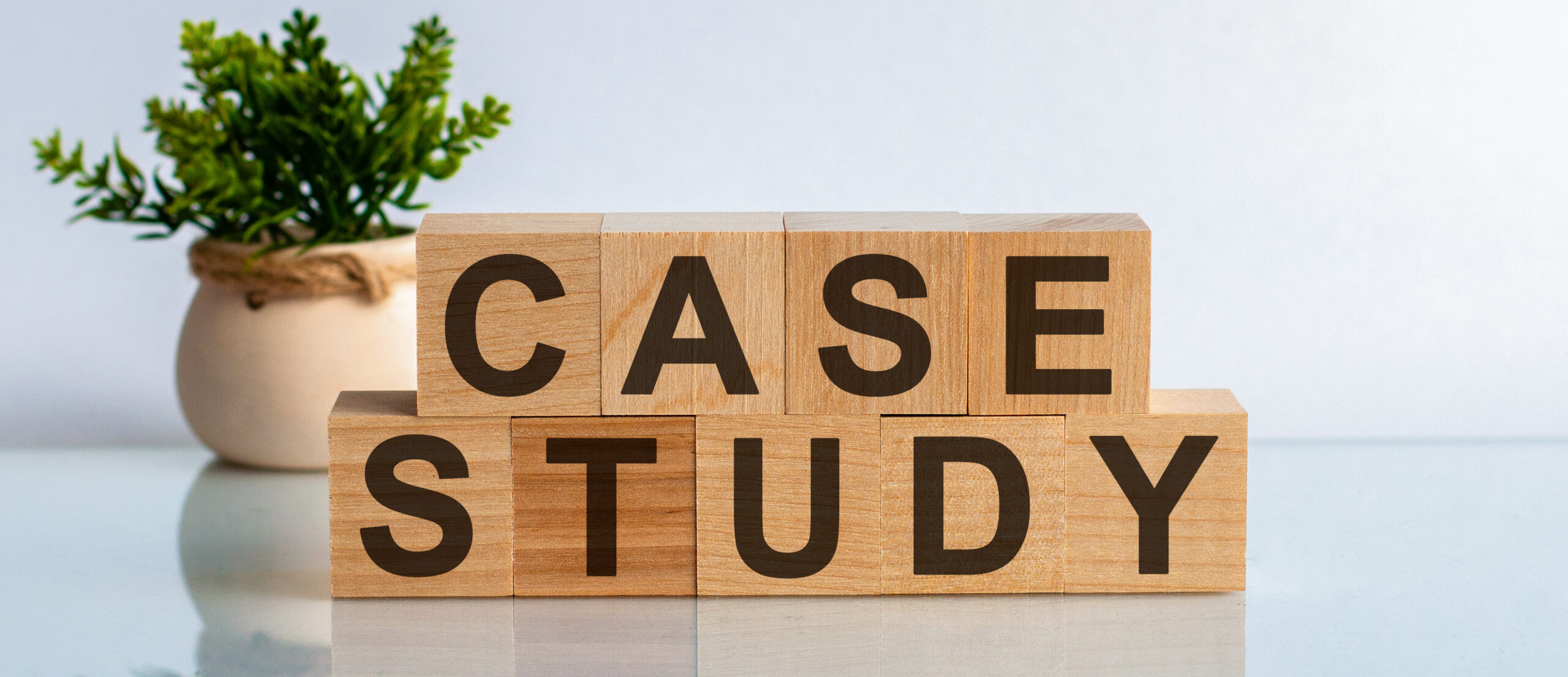Whether you’re reading a novel, watching a TV soap, following a celebrity on social media or catching up on the news, stories about real people and their experiences will always be at the heart of them.
People are interested in people.
Yet many businesses fail to see how this universal truth applies to the way they tell their business story too. They don’t feel they need ‘case studies’ to show what their products or services can do. It can seem like a lot of bother. But they’re missing a trick.
Real stories about real people, often called ‘case studies’ help others understand the impact something is having and empathise with them.
For a business – or any type of organisation – this is the chance to push aside the product ‘puff’ and demonstrate the positive difference a product or service can make to someone’s life in a more authentic way. Real stories will resonate with others much more profoundly, often inspiring them to seek out your products too.
What makes a ‘good’ case study
The right experience
It sounds obvious but it’s important to check your case study’s story fits neatly with what you’re trying to say or promote. For example, if you’re promoting an app to track your pet (this is a made-up example!) it’s important you have a case study of someone who’s lost a pet in the past. Or if you’re promoting a charity, that you tell the story of someone who has clearly benefited from the charity’s efforts.
Happy to be identified
Case studies need to be comfortable sharing some personal information including their full name, age, and roughly where they live as well as a photo of themselves. The reason these details are needed is so that it’s clear you’re telling a real story and haven’t made them up. The information also helps audiences empathise better if they have more to identify with. Finally, the details differentiate your case study’s story from anyone else with the same name that might pop up in search engines.
Not everyone is happy to share this information publicly and checking how people feel about this is an essential part of working with case studies.
In addition, case studies can support organisations in many ways, from appearing in a web article on or in a marketing brochure through to doing live media interviews. It’s important to find out what they are comfortable with and respect those boundaries.
Willing and flexible
A case study who is willing to be flexible in how, when and where they support you is also key, particularly if you are asking them to support you with media interviews.
Broadcast interviews can crop up early in the morning, on weekends and generally at moments that feel inconvenient. A good – and well briefed – case study will be comfortable with the fact interview requests might pop up outside standard office hours. If you know you’d like a case study to do media interviews for you, make sure you asking about their availability and how flexible they can be. Sometimes it becomes clear that a case study can only help in certain circumstances, locations or time-frames. Their story is still valuable. But it’s important you suss out their availability and flexibility so you don’t end up having to pull out of a media interview because your case study can’t do the time/location a journalist wants.
How to get the best from your case studies
Look after them
A good helping of common courtesy goes a long way to keeping case studies happy. Keep them informed and up to date on what’s happening and when. If they need to travel, can you offer to cover their costs? Or buy them a meal? Make sure you provide them with contact details so they can reach you, including outside office hours if appropriate.
Manage expectations
Particularly if your case study is involved in media interviews, it’s important you brief them on how media work to tight deadlines and can’t give much notice before they want to interview someone. This is a very different way of working for most people and if they don’t understand how journalists work, they can feel as if they’re put-upon with no notice.
Say thank you
Always show your appreciation and thank your case studies when campaigns are finished. Send them copies of media coverage or marketing materials, or links to their story online. A bunch of flowers, bottle of wine or even just a thank you card in the post is often all that’s needed to make your case study feel their effort has been worthwhile.
Developing case studies for our clients
As part of our marketing outsourcing service, you can work with our PR team to develop case studies for your business. We work with a variety of clients to support them with case study development – from charities like Reading Force through to technology manufacturers such as Inner Range.


 Written by Kaia Vincent
Written by Kaia Vincent
